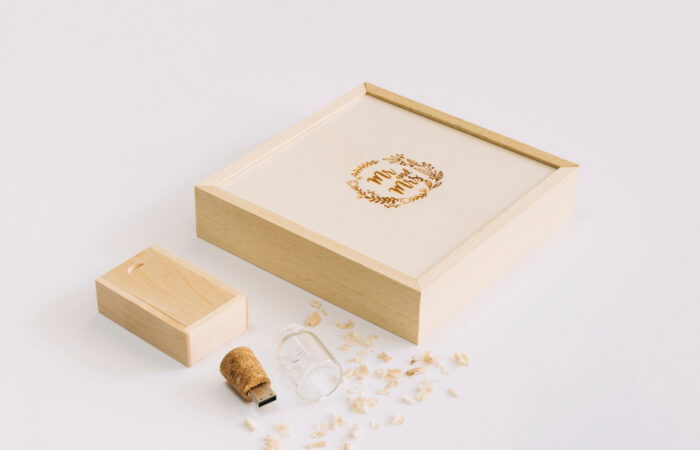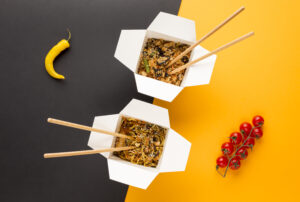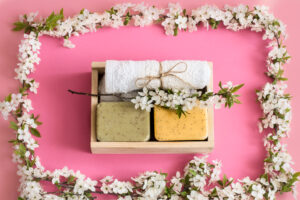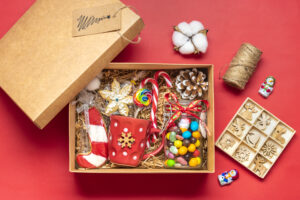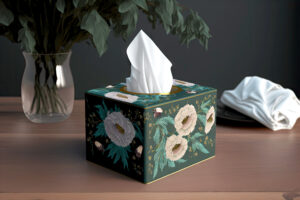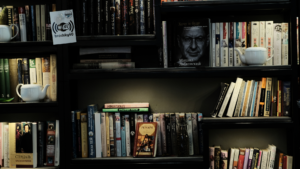Custom packaging plays a crucial role in product presentation and protection. When choosing the right packaging material, two popular options are a custom wood box and a custom cardboard box. But which one is better? In this article, we will compare custom wood boxes and custom cardboard boxes, highlighting their features, benefits, and drawbacks. Whether you are in the manufacturing industry or a business owner looking for the perfect packaging solution, read on to determine which option suits your needs best.
The benefits of a custom wood box
Custom wood boxes offer several advantages that make them a favorable choice for packaging. Let’s take a closer look at these benefits:
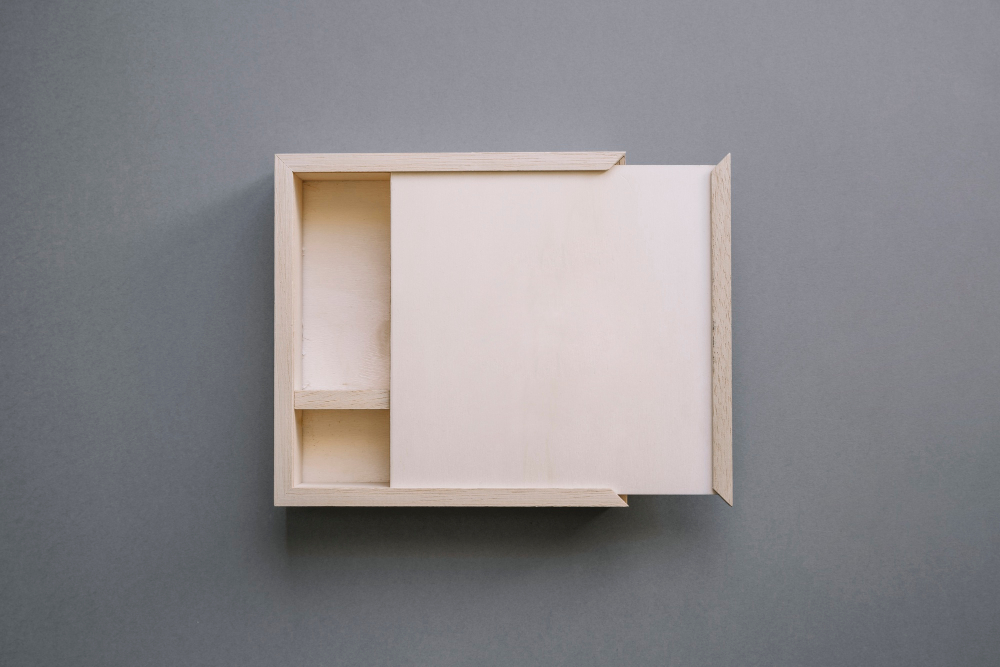
- Durability: Wood is known for its strength and durability, making custom wood boxes ideal for heavy or fragile products. They provide excellent protection during storage and transportation.
- Aesthetics: Wood exudes elegance and luxury, giving your products a high-end look. Custom wood boxes can be customized with engravings, stains, and finishes to match your brand’s image.
- Customization: Wood allows for intricate designs and shapes, giving you endless possibilities for customization. You can create a custom wood box that fits your product, from sliding lids to compartments.
- Sustainability: Wood is a renewable resource, and with responsible sourcing and eco-friendly finishes, custom wood boxes can be an environmentally friendly packaging option.
- Longevity: Custom wood boxes are built to last, and with proper care, they can be reused multiple times. This not only saves costs in the long run but also reduces waste.
The benefits of a custom cardboard box
Custom cardboard boxes are also beneficial, making them popular in the packaging industry. Here are some advantages of using custom cardboard boxes:
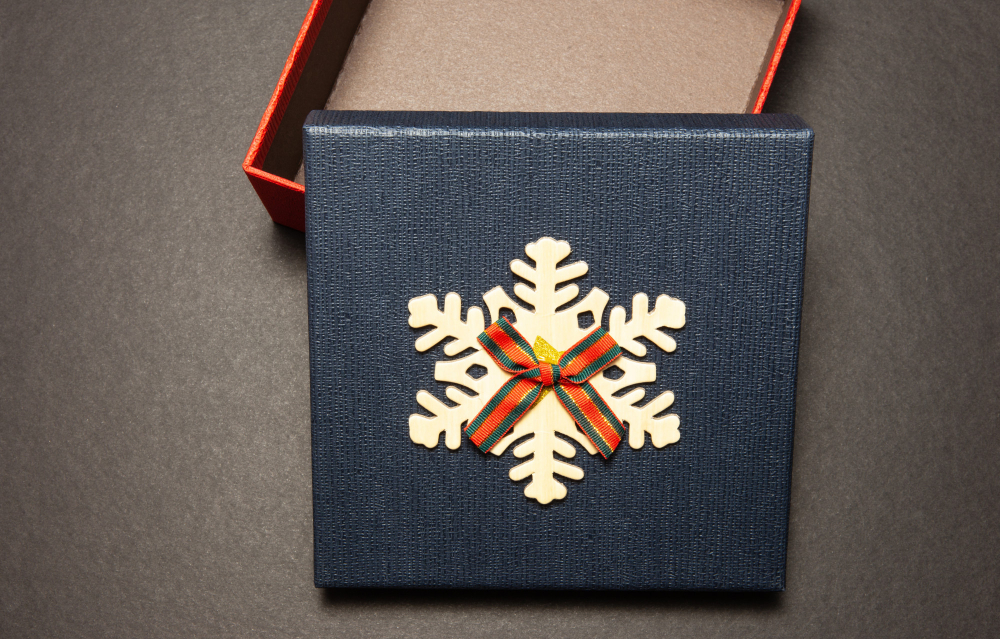
- Cost efficiency: Cardboard is affordable, making custom cardboard boxes a budget-friendly option for businesses, especially for high-volume packaging needs.
- Lightweight: Compared to wood, cardboard is significantly lighter, reducing shipping costs and making handling more accessible for businesses and customers.
- Versatility: Cardboard is highly versatile and easily cut, folded, and shaped to fit various product sizes and shapes. It provides flexibility for cost-effectively packaging different products.
- Printing capabilities: Cardboard boxes offer excellent printing capabilities, allowing you to showcase your brand’s logo, product information, and visuals with high-quality graphics.
- Easy storage: Cardboard boxes can be flat-packed when empty, saving valuable storage space. This is beneficial for businesses that have limited storage facilities.
Which is better: A custom wood box or a custom cardboard box?
The choice between a custom wood box and a custom cardboard box ultimately depends on your specific needs and preferences. Here are some factors to consider when making a decision:
- Product nature: If you are dealing with delicate or high-value products that require extra protection, custom wood boxes are a reliable option. They offer durability and sturdiness to ensure your products remain intact during transit.
- Brand image: Custom wood boxes are a perfect match to convey a sense of luxury and elegance with your packaging. They enhance the perceived value of your products and create a memorable unboxing experience.
- Cost considerations: If cost efficiency is a top priority and you have high-volume packaging requirements, custom cardboard boxes are a more economical choice. They allow you to save on materials and shipping costs while providing adequate protection.
- Environmental impact: If sustainability is a crucial concern for your brand, custom wood boxes can be made from responsibly sourced and eco-friendly materials. However, cardboard boxes are easily recyclable and can be a greener option, depending on your recycling practices.
Conclusion
In conclusion, both custom wood boxes and custom cardboard boxes offer unique advantages. Custom wood boxes are durable, customizable, and provide a luxurious presentation, while custom cardboard boxes are cost-effective, versatile, and eco-friendly. Assess your specific needs, product requirements, and budget constraints to make an informed decision. Remember, the packaging you choose plays a crucial role in your brand’s identity and customer perception, so choose wisely.
FAQs
1. What is wooden box packing?
“Wooden box packing” involves using sturdy wooden boxes or crates to package goods. This method provides durability and protection during shipping or storage, especially for fragile or valuable items. Wooden boxes can be customized to fit specific dimensions and are known for their strength, making them a versatile choice for various industries.
2. What are custom packaging boxes?
“Custom packaging boxes” are tailor-made containers to meet specific product, brand, or customer needs. These boxes are crafted with precise dimensions, materials, and features, offering a personalized and secure packaging solution. Custom packaging allows brands to showcase their identity through unique printing, branding elements, and tailored designs, creating a distinctive and memorable product presentation.
3. What kind of wood is used to make a box?
Various kinds of wood are used to make boxes, with the selection based on factors like intended use, aesthetics, and budget. Pine, a softwood, is lightweight and affordable; oak, a hardwood, offers strength and durability with a distinctive grain; maple is chosen for its light color and fine grain; walnut, a hardwood, is prized for its dark color and unique grain; mahogany, another hardwood, is valued for its reddish-brown hue; and plywood, a composite material, is versatile and cost-effective. The choice of wood depends on the specific requirements, including the box’s function and desired appearance.
4. Are cardboard boxes eco-friendly?
Yes, cardboard boxes are eco-friendly. They are highly recyclable, made from renewable resources, and biodegradable. The production process is energy-efficient, requiring fewer chemicals compared to other materials, contributing to a lower environmental impact. Proper recycling and disposal practices by consumers further enhance the eco-friendly nature of cardboard packaging.
5. Is cardboard good for packaging?
Cardboard is an excellent packaging material due to its versatility, strength, and durability. Particularly in corrugated form, it provides rigidity, protects items, and is lightweight, reducing shipping costs. Being eco-friendly, made from recycled materials, and recyclable, cardboard aligns with sustainability goals. Its smooth surface allows for easy printing, supporting branding efforts, and it is generally cost-effective, making it a popular choice for packaging, especially in large-scale production. The customization options further enhance its suitability for various products.

